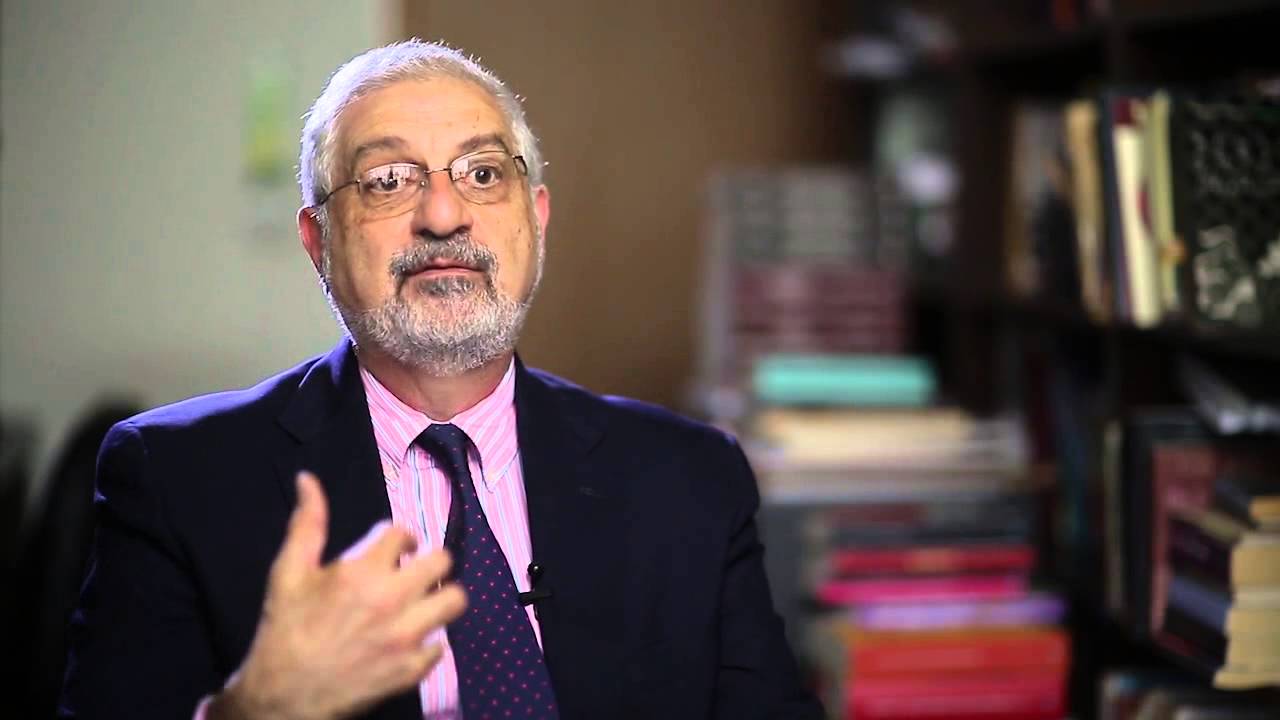
Last week Middle East Studies Association (MESA) of North America issued an open letter to Turkish government dignitaries criticizing the alleged governmental pressure on Turkey-based scholars to prevent them from attending the 10th meeting of the controversial Workshop for Armenian-Turkish Scholarship (WATS) in Berlin. Few days later, WATS Organizing Committee and the Lepsiushaus Potsdam, the hosting institution of the workshop, issued a very similar press release, some parts that appear to be the copy of the former letter.
The authors of these texts accuse (ultra) nationalist circles in Turkey and the Turkish government of putting pressure on the scholars who conduct research on controversial issues such as the 1915 events. They condemn Turkish government and the Higher Education Council of Turkey for allegedly banning an academic from a university in Ankara from attending the WATS meeting. Both texts sustain that these kinds of practices conflict with scholarly research, freedom of thought and association and so on.
Certainly scholarly freedom of thought and association and a free environment for scholarly research even on controversial issues are essential issues in a democratic and free society. Likewise, these are the prerequisites of the advancement of science and scholarship.
Yet one aspect should also not be overlooked. Not always state authorities are the perpetrators of suppression of scholarship. In fact what is less spoken about, yet as worrisome as the state suppression of scholarship is peer pressure on academics. Intellectual bullying, name calling, stigmatization, isolation and so on by academic and intellectual circles are unseen but very powerful ways of intimidation against those who stay outside of mainstream convictions.
Unfortunately, these kinds of intimidations are what academics that question the genocide thesis and approach the 1915 events from within frameworks other than the genocide framework have to face every day. What is more bothersome is that the perpetrators of this kind of intimidation are almost always those who complain about the state oppression of scholarship.
WATS organizers, particularly Ronald G. Suny and Fatma Müge Göçek, in every possible instance bully scholars who reject the genocide thesis by name calling (i.e., denier, denialist, Turkophile) and even accusing them of being Turkish state’s agents (i.e., official historian). They reject applications of such scholars to attend WATS meetings with a clear intent to isolate them.
Given these disturbing realities, it would be more appropriate for the WATS organizer to review their questionable manners if they really care about contributing to the scholarship on 1915 events. Only then, can their appeals to authorities for academics gain resonance.
© 2009-2025 Center for Eurasian Studies (AVİM) All Rights Reserved
No comments yet.
-
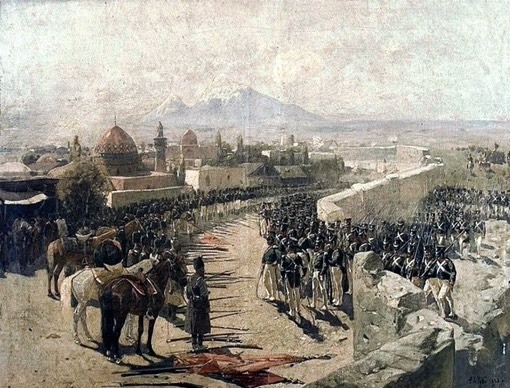 YEREVAN’S AZERBAIJANI PAST
YEREVAN’S AZERBAIJANI PAST
AVİM 23.10.2020 -
 RENEWED EFFORTS TO MANIPULATE PUBLIC AND SCHOLARLY DISCOURSES ON THE ARMENIAN QUESTION BY FINANCIAL MEANS
RENEWED EFFORTS TO MANIPULATE PUBLIC AND SCHOLARLY DISCOURSES ON THE ARMENIAN QUESTION BY FINANCIAL MEANS
AVİM 08.03.2021 -
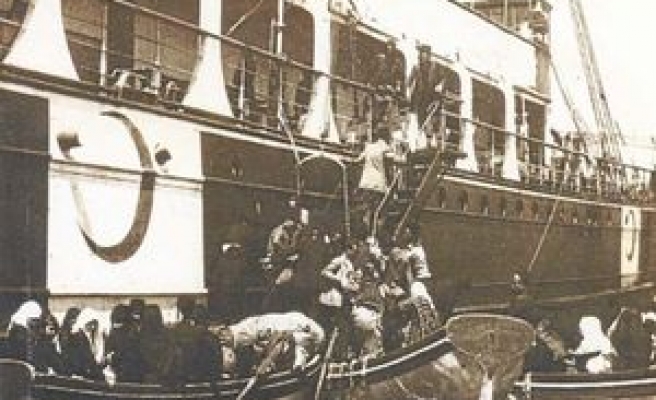 ON THE POPULATION EXCHANGE BETWEEN GREECE AND TURKEY
ON THE POPULATION EXCHANGE BETWEEN GREECE AND TURKEY
AVİM 02.03.2020 -
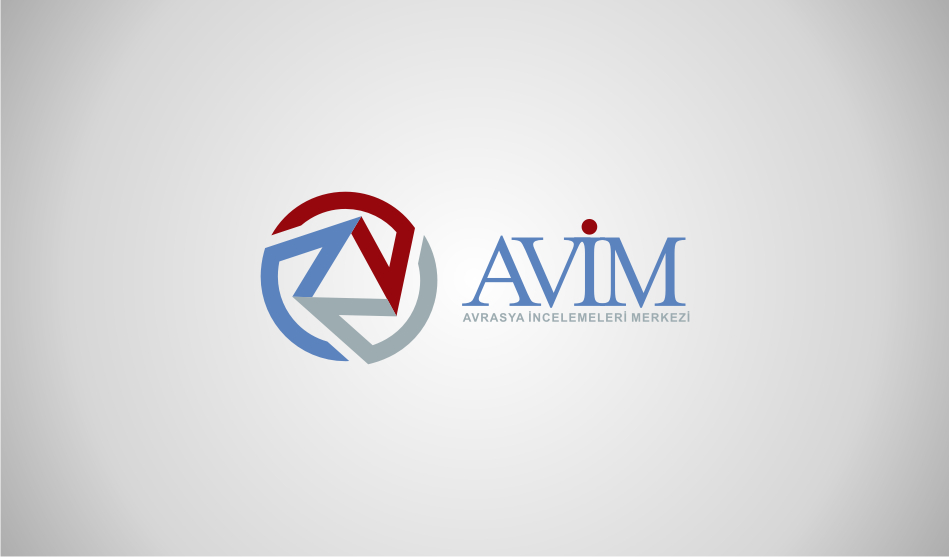 THE ARMENIAN NATIONAL COMMITTEE OF AMERICA'S (ANCA) OUTRAGEOUS SMEAR CAMPAIGN AGAINST DISNEY PLUS'S ATATURK SERIES PROJECT
THE ARMENIAN NATIONAL COMMITTEE OF AMERICA'S (ANCA) OUTRAGEOUS SMEAR CAMPAIGN AGAINST DISNEY PLUS'S ATATURK SERIES PROJECT
AVİM 13.07.2023 -
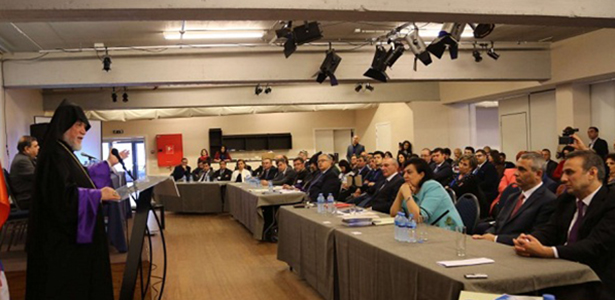 EXTREME ARMENIAN NATIONALIST DISCOURSE PERMITTED IN BELGIUM AND GERMANY
EXTREME ARMENIAN NATIONALIST DISCOURSE PERMITTED IN BELGIUM AND GERMANY
AVİM 01.11.2017
-
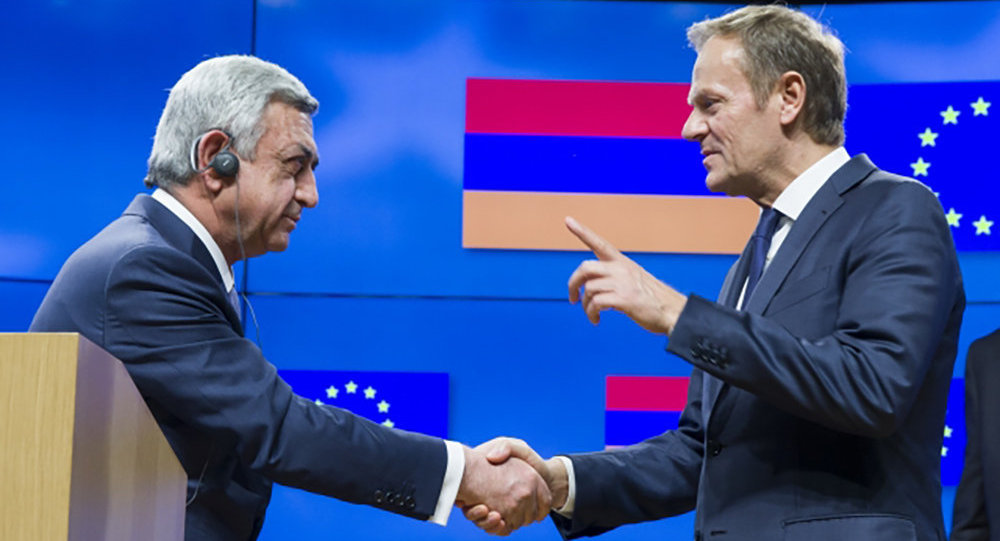 THE EUROPEAN UNION’S BRAND NEW AND “PRIVILEGED” PARTNER: ARMENIA
THE EUROPEAN UNION’S BRAND NEW AND “PRIVILEGED” PARTNER: ARMENIA
Tutku DİLAVER 14.12.2017 -
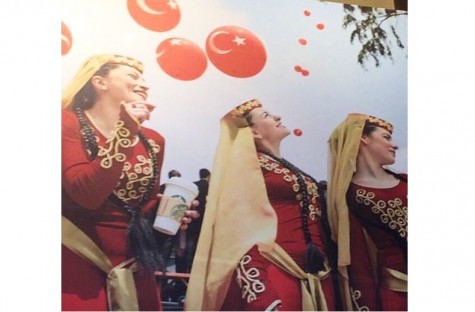 STARBUCKS SUCCUMBS TO IGNORANT ANTI-TURKISH PROPAGANDA
STARBUCKS SUCCUMBS TO IGNORANT ANTI-TURKISH PROPAGANDA
Mehmet Oğuzhan TULUN 19.02.2015 -
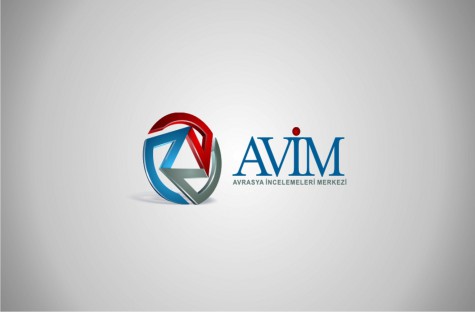 THERE ARE JUDGES IN STRASBOURG
THERE ARE JUDGES IN STRASBOURG
Alev KILIÇ 15.10.2015 -
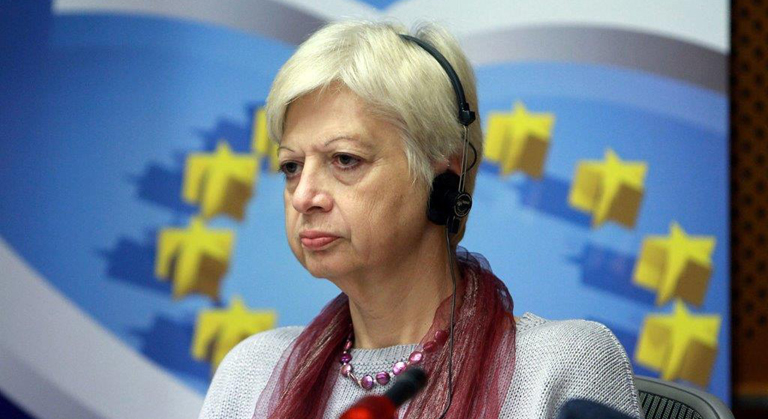 A VISIT FROM THE EUROPEAN PARLIAMENT TO THE SO-CALLED STATE IN NAGORNO – KARABAKH UNDER OCCUPATION
A VISIT FROM THE EUROPEAN PARLIAMENT TO THE SO-CALLED STATE IN NAGORNO – KARABAKH UNDER OCCUPATION
Hazel ÇAĞAN ELBİR 23.10.2018 -
FORTRESS EUROPE PROPELS TURKEY TOWARDS EURASIA
Alev KILIÇ 11.02.2013
-
25.01.2016
THE ARMENIAN QUESTION - BASIC KNOWLEDGE AND DOCUMENTATION -
12.06.2024
THE TRUTH WILL OUT -
27.03.2023
RADİKAL ERMENİ UNSURLARCA GERÇEKLEŞTİRİLEN MEZALİMLER VE VANDALİZM -
17.03.2023
PATRIOTISM PERVERTED -
23.02.2023
MEN ARE LIKE THAT -
03.02.2023
BAKÜ-TİFLİS-CEYHAN BORU HATTININ YAŞANAN TARİHİ -
16.12.2022
INTERNATIONAL SCHOLARS ON THE EVENTS OF 1915 -
07.12.2022
FAKE PHOTOS AND THE ARMENIAN PROPAGANDA -
07.12.2022
ERMENİ PROPAGANDASI VE SAHTE RESİMLER -
01.01.2022
A Letter From Japan - Strategically Mum: The Silence of the Armenians -
01.01.2022
Japonya'dan Bir Mektup - Stratejik Suskunluk: Ermenilerin Sessizliği -
03.06.2020
Anastas Mikoyan: Confessions of an Armenian Bolshevik -
08.04.2020
Sovyet Sonrası Ukrayna’da Devlet, Toplum ve Siyaset - Değişen Dinamikler, Dönüşen Kimlikler -
12.06.2018
Ermeni Sorunuyla İlgili İngiliz Belgeleri (1912-1923) - British Documents on Armenian Question (1912-1923) -
02.12.2016
Turkish-Russian Academics: A Historical Study on the Caucasus -
01.07.2016
Gürcistan'daki Müslüman Topluluklar: Azınlık Hakları, Kimlik, Siyaset -
10.03.2016
Armenian Diaspora: Diaspora, State and the Imagination of the Republic of Armenia -
24.01.2016
ERMENİ SORUNU - TEMEL BİLGİ VE BELGELER (2. BASKI)
-
AVİM Conference Hall 24.01.2023
CONFERENCE TITLED “HUNGARY’S PERSPECTIVES ON THE TURKIC WORLD"









